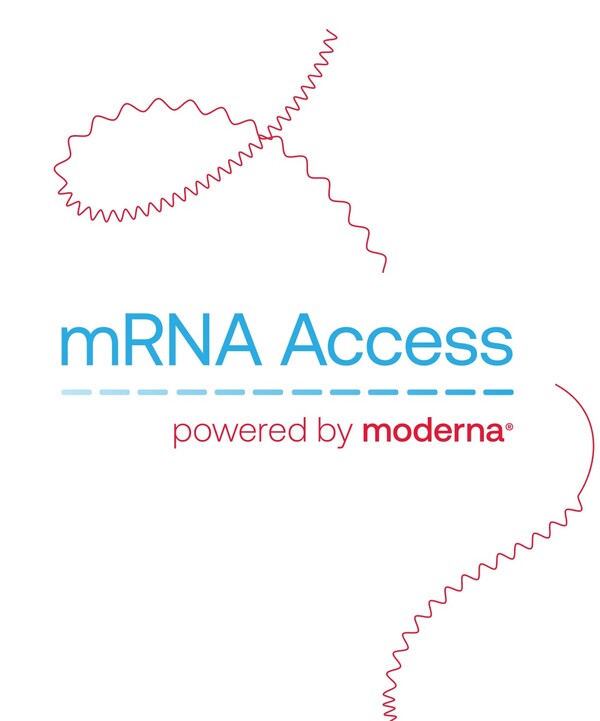Moderna announced its collaboration with Korea University Medical Center and Chosun University Industry-Academic Cooperation Foundation on Friday to expand its global public health initiative, mRNA Access, in Korea.

The initiative aims to expedite the vaccine development process worldwide using Moderna's mRNA technology. By offering the flexibility of the Moderna platform to researchers, the company believes it will become possible to develop new mRNA medicines for emerging or neglected infectious diseases.
We are pleased to enter into the mRNA Access program through this partnership with Moderna to research and develop the limitless potential of mRNA," said Kim Hak-jun, Director of Korea University Medical Center's Medical Research Center. "Moving forward, we will continue to advance the research collaboration system between academia and the industry."
Director of Chosun University's Industry-Academic Cooperation Foundation Choe Han Cheol, also said, "Through our participation in Moderna's mRNA Access program, we anticipate that our university's exceptional technology, in collaboration with Moderna's global mRNA expertise, will contribute to the development of new vaccines against emerging or neglected infectious disease."
Meanwhile, at the Korean Association of Immunologists (KAI)-Songdo ImmunoBio Forum, on Wednesday, Lee Han-sol, the head of Moderna's Medical Department and the chief in charge of mRNA Access in Korea, introduced the innovative potential of mRNA technology.
Lee emphasized the possibilities of developing a variety of treatments and vaccines through this breakthrough.
"By collaborating with global partners through our mRNA platform technology, we can expand the possibilities for innovative treatments and vaccine development," Lee said. "We are delighted to work alongside major domestic universities and medical institutions on this journey to develop vaccines against potentially harmful pathogens."
Related articles
- [KBR Exclusive: Inside Boston Biocluster] Moderna's rise to prominence in the Covid-19 era and beyond
- Moderna, KmVAC to develop mRNA vaccines for emerging infectious diseases
- Moderna leaning on immunobridging studies to keep up with virus variants
- 'Updated Moderna vaccine effective against circulating variants and breakthrough infections'

